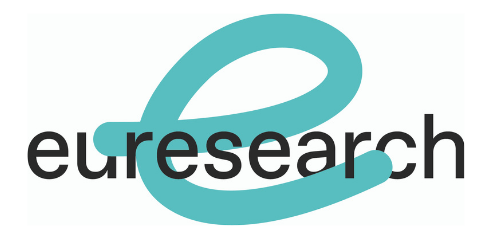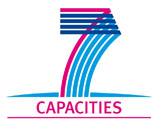Abstract
The Survey of Health, Ageing and Retirement in Europe (SHARE) has been selected by the ESFRI roadmap process as one of the 35 crucial pillars of the European Research Area. This project will prepare a major upgrade of SHARE for all 27 EU members plus associated Switzerland and Israel during the decade 2010-2020. SHARE builds an infrastructure of micro data necessary to understand individual and societal ageing as a process in time that is strongly influenced by pension, health care and labour market regimes and their reforms. It is designed by researchers for researchers and integrates economics, medicine, and social sciences. Research based on this infrastructure will also serve as a feedback mechanism to support fact-based EU policies, such as the open method of coordination and the Lisbon agenda, to help meeting the challenges of population ageing in all countries of the EU.
The major upgrade of SHARE will have two dimensions. First, it will prolong SHARE over time and generate a genuine panel that follows individuals as they age and react to the changes in the social and economic environment. From a research viewpoint, the time dimension is crucial since ageing is a process that can only be understood if we observe the same individual at different points in time. Second, SHARE will expand to all EU member states. Ageing in the accession states is a particular challenge as these countries are ageing before their social and health institutions are brought to the same level of maturity as in the EU15 countries.
Aim of the preparatory phase is to bring the SHARE prototype to the level of financial, legal, governance and technical maturity required to fill important knowledge gaps in individual and population ageing. It involves all stakeholders necessary for the major upgrade, among them research institutes and universities; national science ministries and foundations; two Directorates General of the European Commission; and the U.S. National Institute on Aging.



